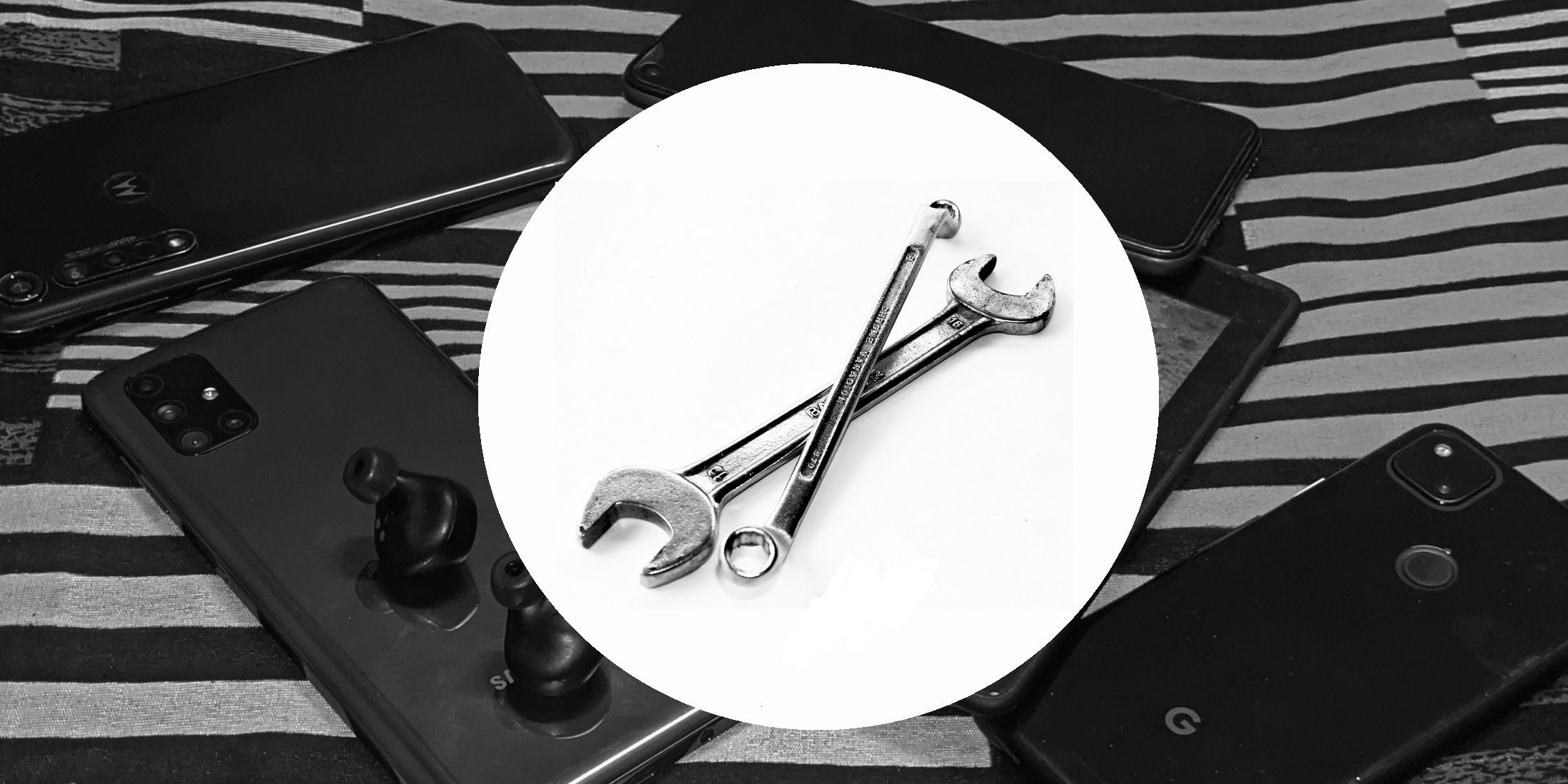
Merely days after reports emerged that the White House was planning to make moves in support of the right-to-repair movement, President Joe Biden has signed an executive order to accomplish that goal with help from the US Federal Trade Commission (FTC). Over the past few years, the demand for comprehensive right-to-repair reforms has intensified, especially over the fact that first-party repairs are costly, but big names such as Apple make it increasingly difficult to avail affordable third-party services or perform one’s own repair.
However, the lobbying by these big-name brands has repeatedly crushed the campaign for right-to-repair laws in its very nascent stages of discussions, despite an overwhelming demand by consumers. Multiple consumer rights bodies and investigations over the years have highlighted that brands with a vast portfolio of devices that sell by bucketloads often make it difficult to source original replacement parts or get access to service manuals, which means consumers or even third-party repair outlets are unable to perform those repairs at a lower cost than what the company commands.
The executive order signed by president Biden directs the US FTC to draft rules that aim to counterbalance the “anti-competitive restrictions” imposed by consumer electronics brands when it comes to relying on independent repair outlets, or even the DIY approach for repairing gadgets. The ultimate goal is to prevent these brands from imposing such limitations, and as a result, bring down the cost of repairs.

President Biden’s executive order covers over 72 initiatives spanning a broad range of reforms around the competition laws and has a wide spectrum of beneficiaries that includes everyone from smartphone buyers to farmers who endure exorbitant repair and servicing costs. One of them actually directs the US FTC to make rules around the anticompetitive tactics employed by phone manufacturers on self and third-party repairs. In May this year, the US FTC argued that there is "scant evidence to support manufacturers’ justifications for repair restrictions" in a report titled “Nixing the Fix” that was submitted before Congress.
It has also been hotly debated whether Intellectual Property (IP) protections are really at risk if wide-reaching right-to-repair laws are implemented, as brands often cite IP laws for not sharing advanced diagnostic software and internal components. Apple co-founder Steve Wozniak recently opined that Apple wouldn't exist without a "very open technology world" and that the company's earliest computing machines shipped with full schematic details to make repairing and hardware tinkering easy for buyers. But despite the challenges, activists and consumers agree that the new executive order gives a major push to the right-to-repair campaign.
The policies implemented by brands such as Apple and Microsoft impede consumers' ability to repair their own appliances as well as small businesses engaged in offering third-party services. That’s because these brands often restrict public access to their diagnostic tools and internal components that make it impossible to get a device serviced without reaching the first-party outlet. Groups such as Public Interest Research Groups (US PIRG) and iFixit have been campaigning for right-to-repair reforms for years, advocating ideas such as ‘Repair is better than Recycling’ and criticizing the monopoly on repairs exercised by these billion-dollar companies. It remains to be seen whether the measures drafted by FTC are passed as a law, but it definitely is a solid step in the right direction.
Source: White House, FTC
from ScreenRant - Feed https://ift.tt/3kaQzia

No comments: